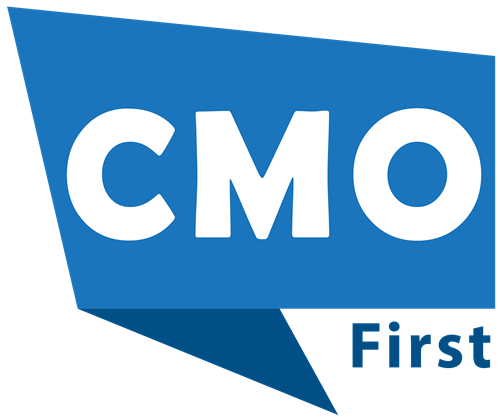Marketers can optimize future expenditures and budgets while ensuring better MarTech decisions and investments with enhanced marketing performance management systems.
Having to demonstrate its value to the business is one of marketing’s biggest challenges. Budgets allocated to marketing are easy targets for leaders looking to increase profitability or just keep the company afloat in difficult times when there is no demonstrable evidence that marketing initiatives are generating positive business outcomes.
Additionally, more than just budgets and jobs in the marketing department are on the line. Investment reductions in marketing often fail. Sales can be slowed down, brand development can suffer, customer relationships can be in jeopardy, and competitors may have opportunities to gain market share.
Regardless of the direction the economy is heading in, it is crucial to evaluate the relative effectiveness of each marketing strategy. But when finances are tight, as they are right now due to the current state of the economy, the idea of eliminating waste resonates particularly strongly.
To fuel future marketing growth and demonstrate its long-term value to a business, leaner, better marketing performance management tools are crucial. Optimizing future efforts and developing strategies that can lead to faster development and lift if marketers don’t track the results of their numerous multichannel marketing campaigns will be challenging.
Businesses can benefit from evaluating the effectiveness of marketing campaigns in several ways. Let’s examine a few.
Helps Make Better MarTech Decisions
Since there are thousands of solutions in the MarTech industry and countless new, smaller ones are constantly emerging; marketers must always stay informed about the latest advancements in the field in order to better understand how they can achieve their objectives more quickly while putting less strain on available resources.
Because the MarTech industry is so dynamic, marketers need to avoid being swayed by every new tool or system. Because of this, determining how effectively current MarTech is enabling marketing ops processes is essential for guiding future MarTech investments and decisions. The majority of MarTech dashboards provide quick analysis of campaign performance and activity, and by connecting all of the systems used to support internal reporting, teams can be better aligned and understand what new capability or feature will enable better outcomes in the future.
For instance, platforms that are AI-driven and more intuitive or a package or tool that helps email campaigns to scale can be a better choice for the future if a marketing team notices that a current email marketing strategy is gaining a lot of momentum.
Also Read: Challenges of Internet of Things (IoT) in B2B Marketing
Helps Prioritize Channels
How can marketers know what to improve if they don’t know what’s working and what isn’t? A robust marketing performance management method and system offer marketers insights into the channels generating the most engagement and the marketing messages and tone resonating with a certain audience.
As a result, marketers will be able to align their messaging and campaigns across all future marketing channels. They will also be able to tighten their MarTech systems by putting more integrated systems in place, ultimately increasing ROI.
Controlled Budgets for Marketing
There will always be a requirement for a marketing budget for campaigns to scale or for marketers to truly increase marketing output. Marketing budgets may not correspond to the ROI a marketing team generates without an effective marketing performance management strategy.
Controlled budgets are significant to ensure that marketing expenditures are optimized, that suitable marketing activities are given greater attention, and that the best MarTech investments are made based on short-term company objectives and goals.

























Leave a Reply